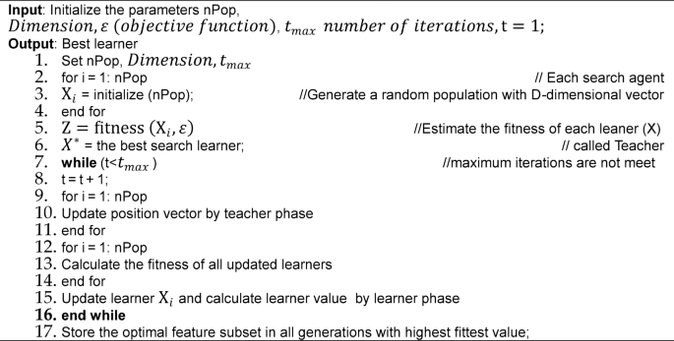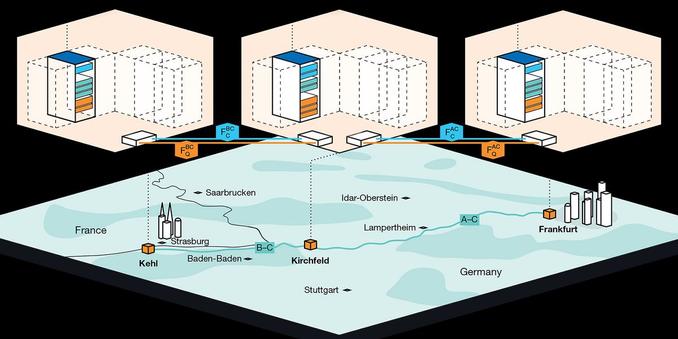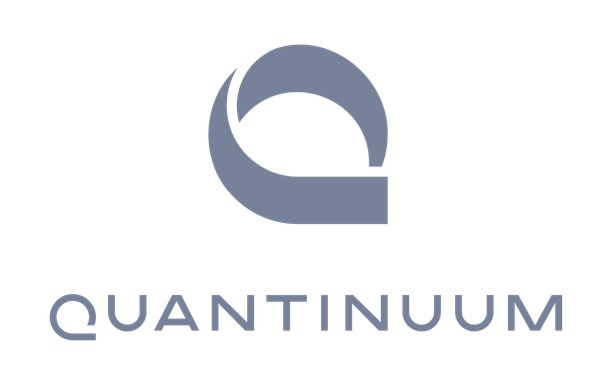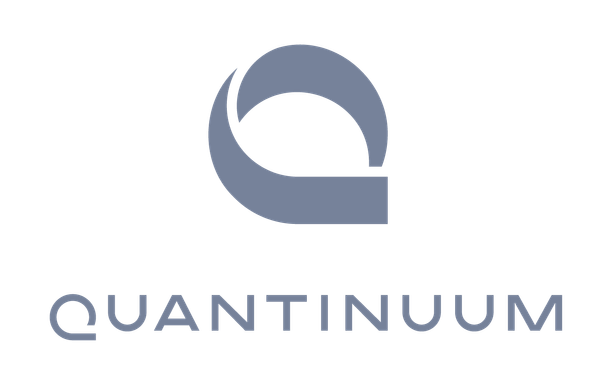I saw an interesting paper in amid the #quantum physics arXiv update tonight, but I noticed what I think is a mistake.

I saw an interesting paper in amid the #quantum physics arXiv update tonight, but I noticed what I think is a mistake.

Black holes have been a mainstay of astrophysics and a puzzle within quantum mechanics for decades. Some researchers have proposed the existence of "white holes" as their opposite, but it's hard to posit how they would work.
Here's an interesting writeup of a new paper proposing how (it avoids the white hole term though): https://www.popularmechanics.com/space/deep-space/a65038572/black-hole-universe/
Preprint available here: https://ui.adsabs.harvard.edu/link_gateway/2025PhRvD.111j3537G/EPRINT_PDF

IBM isn't the only group out with an updated #quantum roadmap - Pasqal has one as well, aiming for quantum advantage with 250 qubits optimized for materials science, logistics, and machine learning. Target is 10K physical and 200 logical by 2030. https://thequantuminsider.com/2025/06/12/pasqal-releases-2025-roadmap-showcasing-upgradable-platform-from-todays-quantum-solutions-to-tomorrows-fault-tolerant-systems/

"But Scott, what actually useful stuff could we do with #quantum computers?”
“How about optimized breast cancer diagnoses?”

https://www.europesays.com/2157955/ Besra Gold Inc. Addresses Statements Made by Quantum Metal Recovery Inc., Calls Them Misleading #Addresses #besra #calls #Data #Gold #made #Metal #quantum #Recovery #Statements #them
“China’s Quantum Leap Unveiled”: New Quantum Processor Operates 1 Quadrillion Times Faster Than Top Supercomputers, Rivalling Google’s Willow Chip
#quantum #quantumcomputing #technology #Science

Now we have a press release from Toshiba and Orange announcing the world’s first commercial #quantum safe network offering, combining #QKD and #PQC. Haven’t been able to read the tech specs yet but it’s now available in the Paris metro area, and already has a financial services customer.
The pace of innovation in this space is constantly accelerating.
2/2

Six weeks ago, Toshiba demoed #quantum key distribution over commercial telco links in Germany. 1/2
https://spectrum.ieee.org/quantum-key-distribution-commercial-fiber

I know this is super cool #quantum based science with biomedical applications... but "We used a special black box to capture invisible #light that living mice emit but dead ones don't" feels a bit witchcrafty.
What is imaged, BTW, and why it is really cool, is the tiny amount of photons that are emitted by #electrons changing their energy state due to biological interactions.
There are some really interesting applications for something like this, sci-fi stuff.
Link: https://pubs.acs.org/doi/full/10.1021/acs.jpclett.4c03546
In addition to talks on subjects ranging from medical isotopes, to ionosphere monitoring, to neutrino properties and #opensource #quantum computers, I got a tour of the #USask #physics demonstration and historical equipment spaces!
“It Sounds Impossible, but They Did It”: Students Develop New Tech to Power 3D Holograms Using Quantum Entanglement

“In fact, from what we have seen, IBM is the only quantum computing organization in the world that will be capable of running quantum programs at the scale of hundreds of logical qubits and millions of quantum gates by the end of the decade.”
That's quite the gauntlet they've thrown down there. #quantum
“Additionally, we’re releasing a second paper that details the first-ever accurate, fast, compact, and flexible error correction decoder — one that is amenable to efficient implementation on FPGAs or ASICs for real-time decoding.”
“By 2029, we will deliver IBM Quantum Starling — a large-scale, fault-tolerant quantum computer capable of running quantum circuits comprising 100 million quantum gates on 200 logical qubits. We are building this system at our historic facility in Poughkeepsie, New York.”
This is remarkably specific and remarkably near-term. #quantum
as of yesterday, IBM is out with two new research papers and an update to their chip roadmap, all driving towards a large-scale, fault-tolerant #quantum computer by 2029
(Will it run Shor's algorithm and factor RSA in a reasonable timeframe? TBD)

A team at EPFL and the University of Arizona has discovered that making molecules bigger and more flexible can actually extend the life of quantum charge flow, a finding that could help shape the future of quantum technologies and chemical control.

if you haven't ever seen DARPA's #quantum benchmarking initiative, it's worth a look -- they are seeking quite simply to answer the question “If a fully functioning quantum computer magically appeared, what would it make possible that a standard computer cannot accomplish?”
https://www.darpa.mil/research/programs/quantum-benchmarking-initiative
Job ad 2/2
Quantinuum are looking for software engineer to help design and implement quantum programming languages. You need to have OPINIONS about types. Full-time, permanent, based in Cambridge in England.
#jobad #quantum #quantumcomputing #pl #proglang #guppylang #types
https://jobs.eu.lever.co/quantinuum/6acbcf43-a765-4f1c-a063-6849a72e612b

Job ad 1/2
Quantinuum are looking for QEC person to join our compiler team. Ideally you know lots about QEC and a bit about compilers but the other way could work too. Full-time, permanent, based in Cambridge in England. If you are only interested in remote work, this is not for you.
#jobad #quantum #quantumcomputing #qec #quantinuum
https://jobs.eu.lever.co/quantinuum/d081de54-1194-4351-a390-2eb734d540c3

Soon I will be advertising 3 postgraduate research scholarships in #mathematics for #quantum resilience. Let me know if you’re interested, but note that applicants will need to be an Australia citizen, permanent resident or New Zealand citizen.